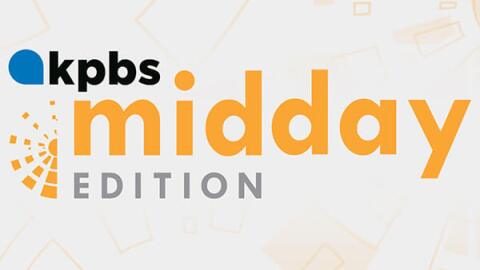A state public hearing Wednesday focused on helping California teachers prepare to teach ethnic studies.
Assemblymember Jose Medina (D-Riverside) chaired the Committee on Higher Education hearing at the campus of Cal State San Bernardino.
Education experts from across the state testified. They provided ideas on how best to recruit and retain teachers who are people of color and experienced with working in diverse communities.
Since 2018, Michael Dominguez has created a curriculum for ethnic studies teaching certificates at San Diego State University.
He told the committee, “Ethnic studies is a unique and distinct field and a discipline that engages with questions and academic definitions of race, ethnicity, culture, identity, and power. If we fail to ensure that teachers are prepared to engage with those content topics, there is considerable harm that can be done to students, schools, and communities.”
Gov. Gavin Newsom signed Assembly Bill 101 into law last October. It was authored by Assemblymember Medina and makes California the first state to require all students to complete an ethnic studies course for high school graduation.
Assembly member James Ramos (D-Highland) is also on the committee. On Wednesday, he defended the passage of the new mandate. “There have been some different opinions on ethnic studies. It is not something that is erasing history because you can’t erase history that has never been taught correctly in the state of California,” Ramos said.
Right now, teachers with a social studies single-subject credential are possibly the most qualified to teach ethnic studies. But there will be much more to lesson plans in the future to educate students on community, cultures, and the diversity of marginalized people.
“Making sure that we follow what our assemblyman and chair Medina put in AB 101 is extremely important so that all of our students know that they belong, and it is their history and their California,” said Eloise Gomez Reyes, Assembly Majority Leader.
One idea for attracting new teachers is to pay them for the four to five months they do their student teaching. Currently, they are expected to put their lives on hold and work for free. The assembly committee is also considering allowing college graduates with an ethnic studies degree to go straight into a classroom without additional certification.
Whatever is decided has to be in place by the 2025-26 school year, as required by the new state law.
-
Rising cases of flu, RSV, and new COVID variants are raising concerns that the viruses could surge at once and stress hospitals. Then, California voters are being asked to enshrine reproductive rights into the state constitution in the upcoming election. We discuss the details of Proposition 1. Next, voters are weighing in on two sports betting propositions on the November ballot. And, political ads bombard the public with information about everything from sports betting to immigration. But who is responsible for making sure the content of those advertisements is factual? Finally, October is Filipino American History Month - and San Diego is home to one of the largest Filipino communities in the state of California. We take a look at the KPBS docuseries “Out of the Boondocks,” which features Filipino artists and creatives who discuss how the importance of their work ties into their cultural identities.
-
A team of outside auditors is examining how San Diego State University conducts its sexual assault investigations. In other news, state lawmakers held a public hearing Wednesday, focused on helping California teachers prepare to teach ethnic studies. Plus, we break down the dialysis proposition that keeps on showing up on your ballot.








